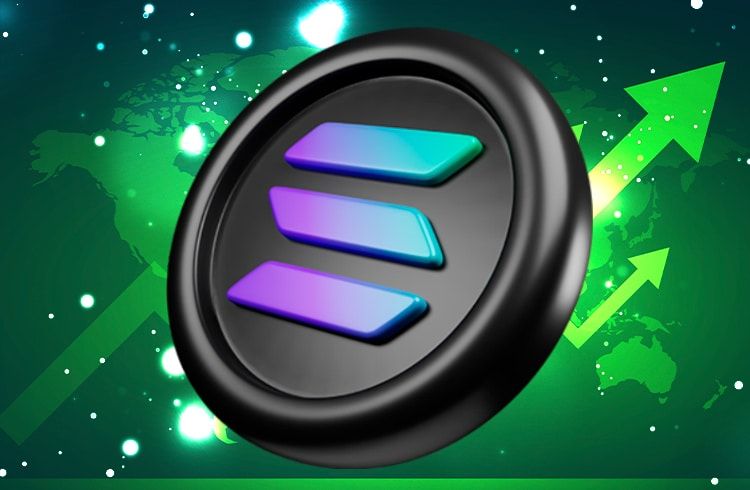The recent approval of a Solana ETF in Brazil has sparked discussions about the potential for similar products in the United States. Industry experts, including VanEck’s Matthew Sigel, believe that a US Solana ETF is “inevitable,” but acknowledge that regulatory challenges and market conditions may delay its introduction. The contrast between Brazil’s pioneering approach to crypto ETFs and the US Securities and Exchange Commission’s (SEC) more cautious stance highlights the complex regulatory landscape surrounding digital assets.
While several fund providers have identified Solana as the next big target for spot ETFs in the US, following the approvals of itcoin">Bitcoin and Ethereum ETFs, the path to approval remains complex. The SEC’s classification of cryptocurrencies like Solana as potential securities introduces additional hurdles. Furthermore, the absence of a robust Solana futures market, which played a crucial role in the approval of itcoin">Bitcoin and Ethereum ETFs, may further complicate the process. Solana’s higher volatility compared to itcoin">Bitcoin and Ethereum also raises questions about investor preference and market acceptance.
Despite these challenges, the approval of a Solana ETF in Brazil has renewed optimism for a US counterpart. However, experts caution that timelines remain uncertain, with some suggesting that approval by the end of the year would be an optimistic scenario. The SEC’s approach to preserving existing capital in the country, contrasting with Brazil’s focus on attracting outside investment, may influence the approval process. As the crypto market continues to evolve, the potential introduction of Solana ETFs in the US could significantly impact mainstream crypto adoption, offering investors easier exposure to the asset without the complexities of direct cryptocurrency ownership.





